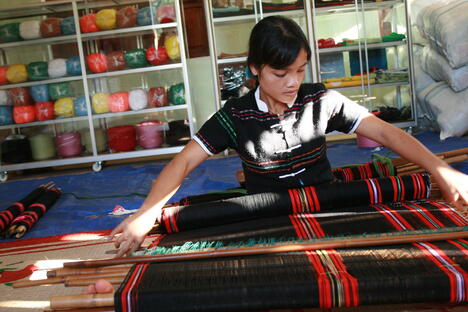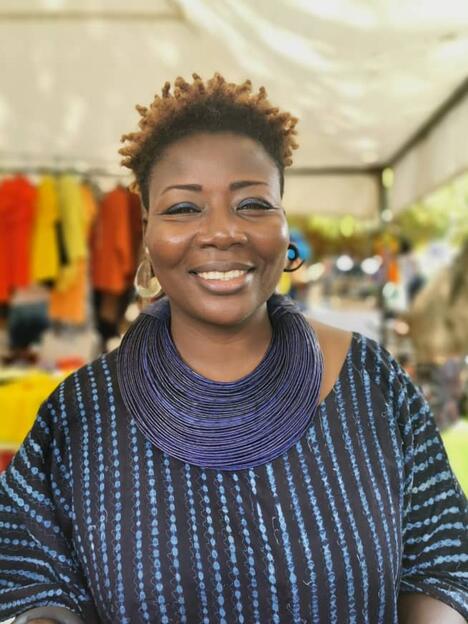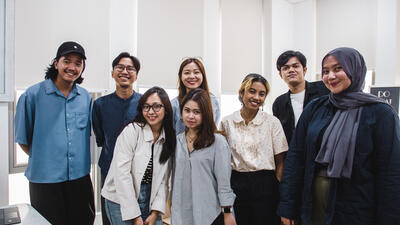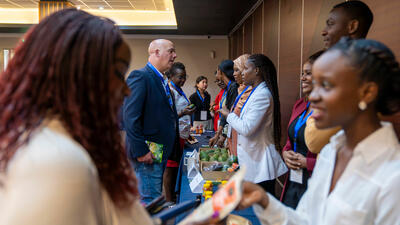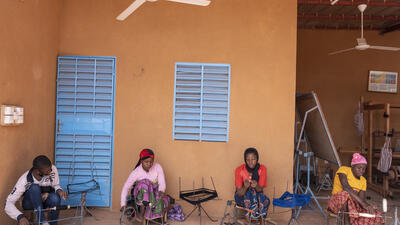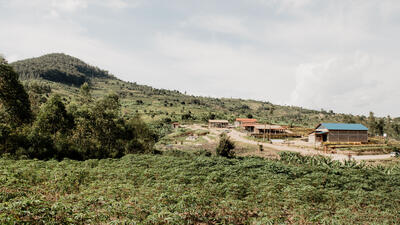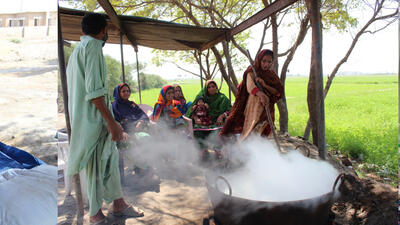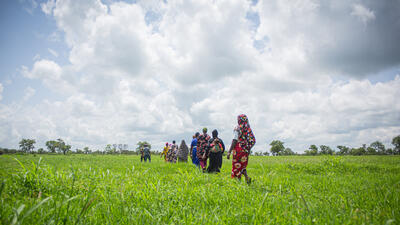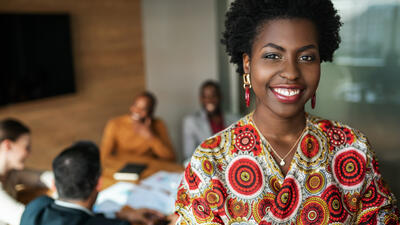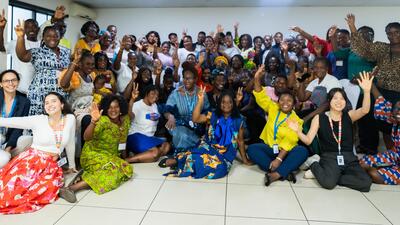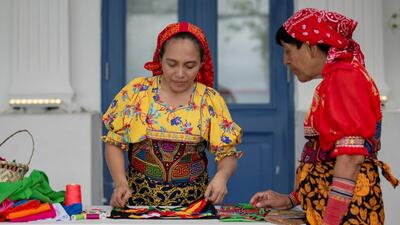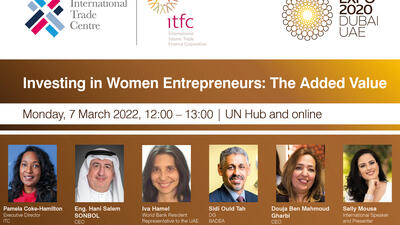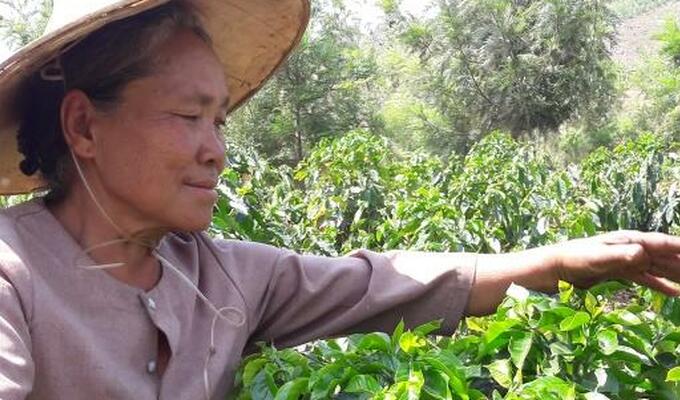

Equality builds back better
COVID-19 gave the world a massive punch a bit more than a year ago.
It became clear that the world faced an unprecedented challenge.
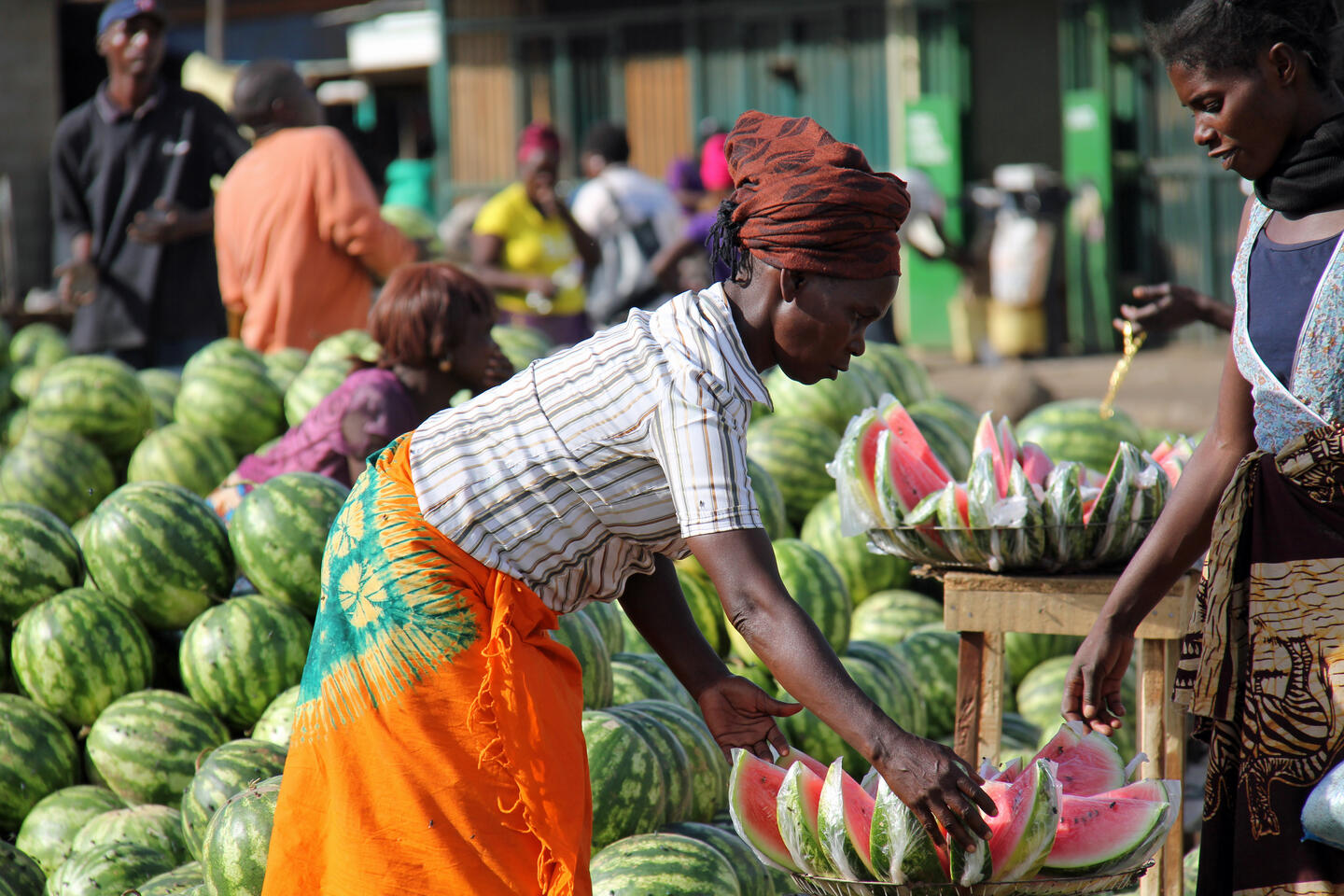
Along with the lives lost, the first estimates on the economic impact of COVID-19 were devastating. The economic figures have been revised to less dramatic over the course of time but are still seriously in the red.
Finland has supported global efforts to fight the pandemic and its negative consequences with €83 million, including humanitarian aid.
Entrepreneurs can strengthen resilience
Entrepreneurs are the backbone of the economy. Nine out of ten new jobs are created in the private sector. The majority of them are in micro, small and medium-sized enterprises, most of them in the informal sector in many developing countries.
The pandemic and its necessary restrictions have hit the business sector hard. Trade flows have slowed down. The sharply increased risks of investment have reduced capital flows to developing countries. As a response, Finland increased significantly both the share capital of Finnfund, the Finnish development finance institution, as well as its capacity to absorb risks in 2020.
Moreover, Finland supports the development of business-friendly environment, connecting small businesses to local and global value chains, and regional integration in Africa, to name a few sectors. Our cooperation with the International Trade Centre to build capacity for the African Continental Free Trade Area and help enterprises to benefit from it is a case in point. We build economic resilience together.
The pandemic risks gender achievements
The effects of the pandemic are always gendered. For example, employment in the service sector is precarious in these trying times. We need to pay special attention to women and girls in our efforts to help the developing countries to endure and grow out of the pandemic.
Finland works with women entrepreneurs in developing countries. The International Trade Centre is our key multilateral partner. We have specifically decided to emphasize women and youth entrepreneurship in our five million euro support to the ITC during 2021–2022.
ITC’s leadership in connecting three million women entrepreneurs to the markets by the end of this year is notable. SheTrades is a big success in building and strengthening global value chains in which women-owned and women-led enterprises can find clients and business opportunities. We should do more together and encourage companies in Europe to partner with women-owned small businesses in developing countries.
Cooperation with women entrepreneurs is not charity. It is business. The companies could well enhance their brand image by sourcing from women. We have fair trade labels and sustainability certificates. It is time to move to the next level in linking the women’s businesses to the markets.





